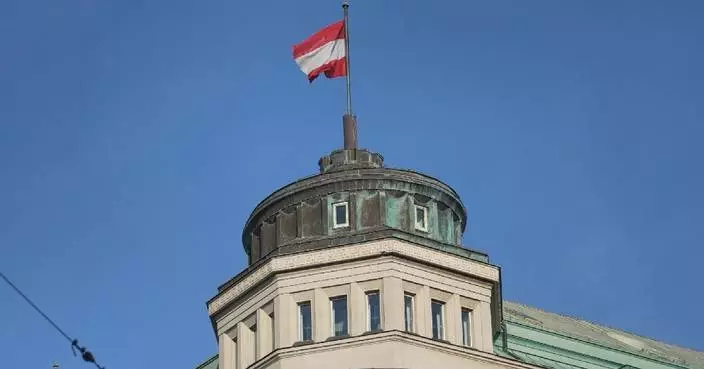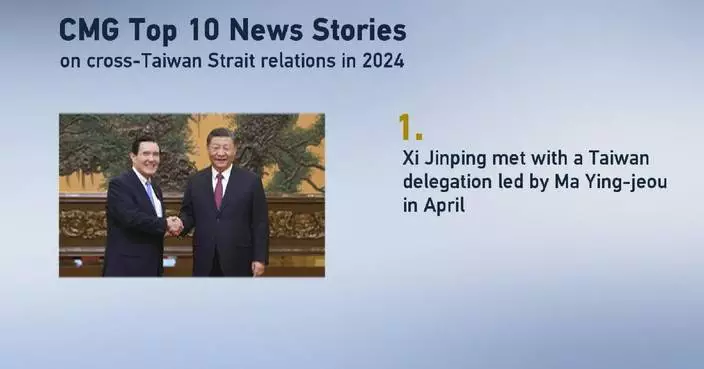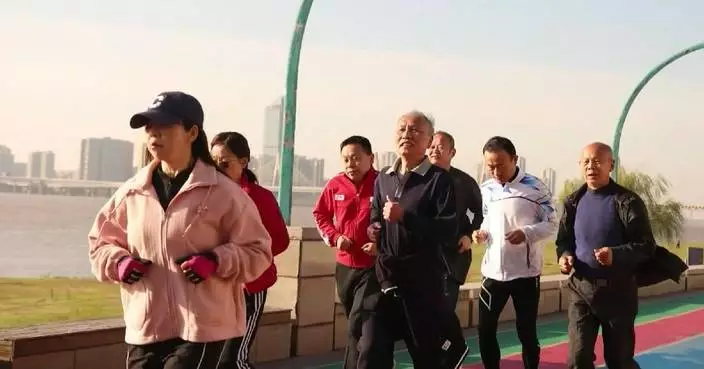The results of technological experiments conducted at China's Tiangong space station, the state-level space lab, have been found successful application, said a technician of China Aerospace Science and Technology Corporation (CASC) in Beijing.
Since the space station's official operation in 2021, over 100 scientific and application projects have been carried out in orbit, achieving significant progress.
Conducting space technological experiments is an important part of space station's application projects. It is aimed at the technical verification needs of major national projects and the forefront of space technology development, and provides strong technical support for the future development of China's space technology and space applications.
In October 2022, the space technology basic test cabinet for conducting technological experiments was sent into orbit with the Mengtian lab module, offering standardized mechanical, electrical, thermal and information interfaces for various types of on-orbit payload tests, and supporting the implementation of various test projects.
"We are currently conducting relevant research work on new technologies common to spacecrafts, including new energy propulsion technology and environmental control and life support system technology. Specifically, we have carried out experimental verification of related technologies for space thermal management, verified long-term space microbial prevention and control technologies, new energy conversion technologies, and new in-situ food regeneration technologies," said Guo Pei, technician of China Aerospace Science and Technology Corporation.
How to rely on the powerful test platform of the space station to quickly transform the most advanced technologies and meet requirements and plans of tests, complete in-orbit verification, and obtain data is what scientific researchers are pursuing. "We have paid great attention to it from the early stages of project, including conducting a large number of design briefings, requirements briefings and design iterations with the scientific and technical teams and engineering teams of all parties in the early stage, striving to complete the design together in the first half of the task and laying foundations for the experimental planning and test plans. We will make sure that the research and development will go through smoothly so that continuous innovative test goals and technical goals can be achieved very quickly," she said.
Over the past two years, researchers have made significant progress in multiple technical research directions, including completing China's first in-orbit test of liquid metal space thermal management and the first in-orbit test of Stirling thermoelectric conversion, establishing the world's first high-throughput in-orbit microbial risk prevention and control device, using targeted heating technology for the first time to change liquid microalgae from "raw" to "cooked."
Relevant technological achievements have been promoted and transformed into space technology and civilian industries.
"Through real-time in-orbit evaluation, we can also provide very accurate data for the future selection of spacecraft materials. The in-orbit cultivation and maturation of microalgae in the space, is expected to verify its potential as food in the future. We currently have made many attempts in space thermal management in terms of civilian applications, including in the heat dissipation of laptops and some powerful module heat dissipation," she said.
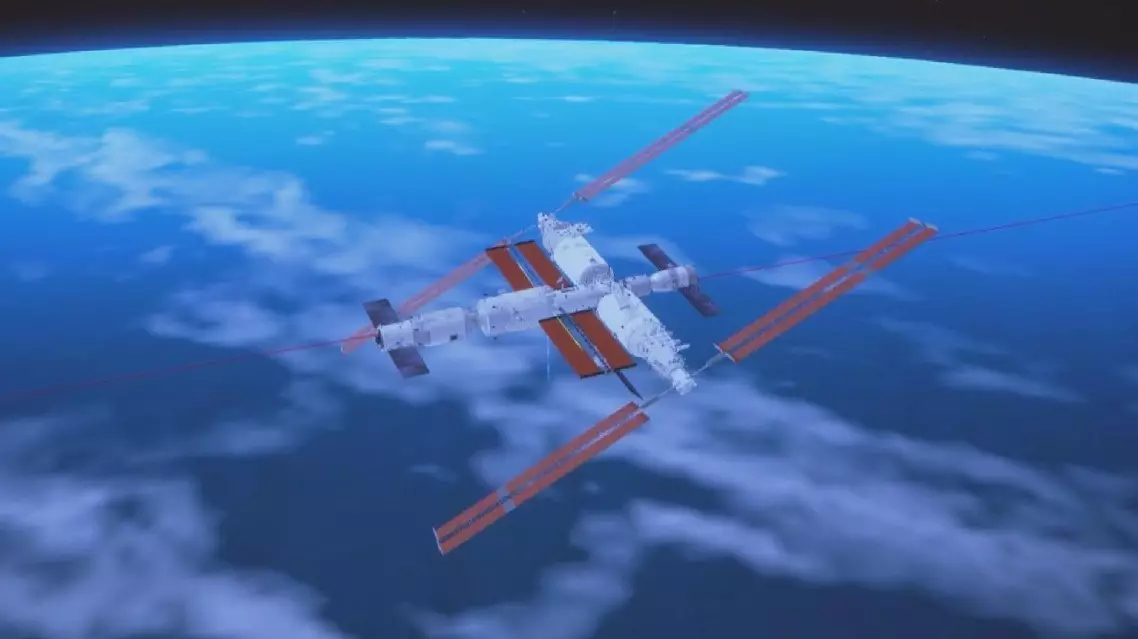
Technological results of space station experiments applied: technician
The halt in Russian gas transit through Ukraine has heightened fears over supply shortages and soaring energy costs in Europe.
Both Ukraine and Russia announced the stoppage of Russian gas supplies through Ukraine's territory to Europe on Wednesday, pushing some EU countries to resort to costlier energy alternatives.
Slovak Prime Minister Robert Fico on Wednesday said that the halt will have "severe consequences for all of us in the European Union (EU), but will not harm Russia".
Fico said that Slovakia stands to lose hundreds of millions of euros in gas transit fees, while its citizens will face higher gas and electricity bills. He criticized major EU nations for prioritizing geopolitical goals at the expense of smaller countries' interests and needs.
On the same day, Slovakia's gas importer, SPP, announced that it has contingency plans in place to ensure gas supplies through alternative channels, such as utilizing pipelines from Germany and Hungary. However, this will incur additional transit fees.
Russian energy giant Gazprom said Wednesday that it has stopped gas supply for transit through Ukraine due to expiration of key agreements and the lack of renewal by the Ukrainian side.
The agreements, signed on Dec. 30, 2019, included a contract between Gazprom and Ukraine's national oil and gas company Naftogaz on the transportation of Russian gas through the Ukrainian territory, and a cooperation agreement between the operators of the two countries' gas transmission systems. These agreements officially expired at 08:00 Moscow time Wednesday, Gazprom said on Telegram.
Gazprom said Ukraine had repeatedly and unequivocally refused to extend these agreements, leaving the Russian company without the technical and legal means to continue gas transit through Ukraine.
Consequently, the supply of Russian gas through Ukrainian territory stopped at 08:00 Moscow time Wednesday, it added.
On the same day, Ukraine's Ministry of Energy reported that the transit of Russian natural gas through its gas transmission system was stopped at 07:00 Kyiv time Wednesday. The decision was made in the interest of national security, the ministry said, noting that Ukraine had informed its international partners about this in the prescribed manner.
Chinese analysts pointed out that Slovakia, being highly dependent on Russian gas transported via Ukraine, is the European country most affected by the supply halt.
"As the distance to alternative European gas pipelines is relatively far, Slovakia, heavily dependent on Russian gas transiting through Ukraine, is among the worst-hit countries. With the disruption of this route, Slovakia faces the greatest direct impact in terms of energy security and gas supply," said Cui Hongjian, professor at the Institute of Regional and Global Governance, Beijing Foreign Studies University.
Slovakia may need to spend an additional 500 million to one billion euros annually on gas imports, Cui said.
Cui further analyzed that some European countries had anticipated difficulties in sustaining gas cooperation between Ukraine and Russia and sought alternative solutions in advance. Hungary, for instance, is expected to rely more on gas supplies from the "TurkStream" and "South Stream" pipelines passing through Türkiye.
Cui noted that the search for alternative energy sources will intensify competition among European countries.
"Whether it's Slovakia or other European countries, the breakdown of natural gas cooperation with Russia forces them to seek alternatives. However, this process will further exacerbate competition among them. Over the past few days, the potential disruption of gas transit via Ukraine has already caused natural gas prices, as well as electricity prices, to continue rising across Europe," said Cui.
He said that European nations will have to bear the bruise of higher energy costs, at least for this winter.
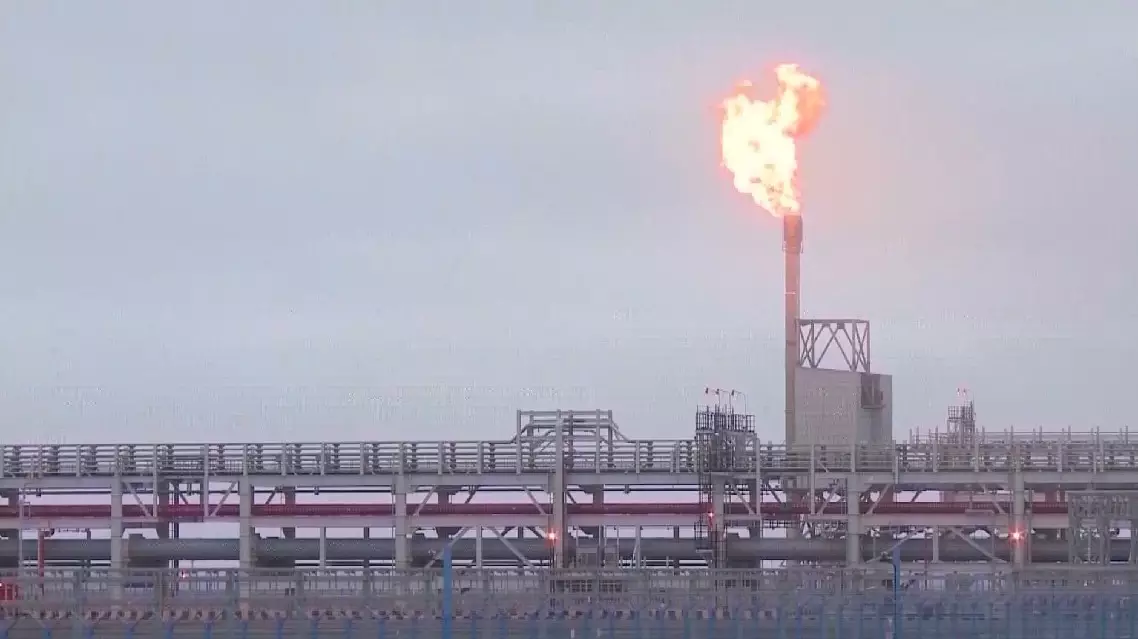
Russian gas transit halt heightens fears over energy crisis in Europe




